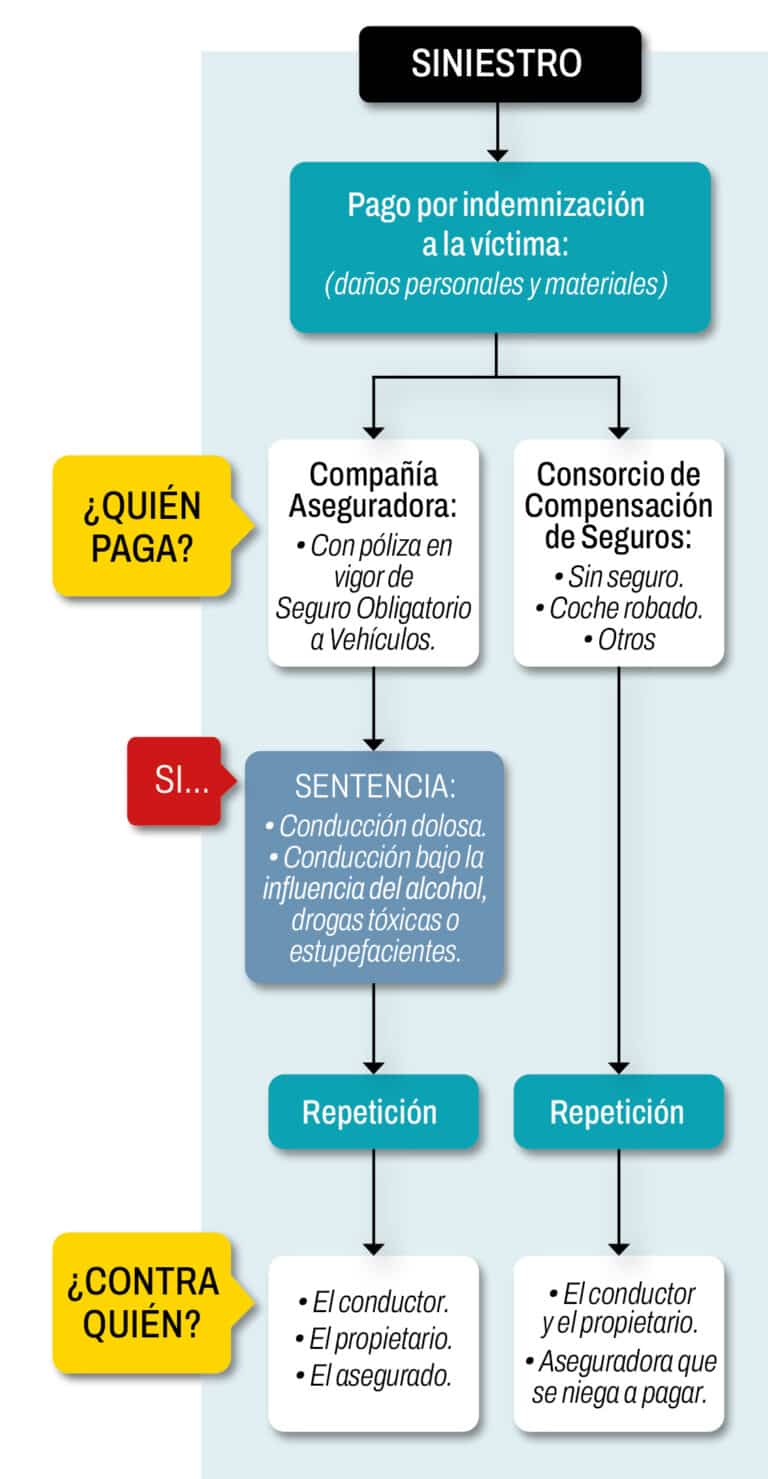How lifestyle can influence fuel consumption

The fuel consumption is closely related to the lifestyle of each individual. Everyday factors such as driving style, the speed at which one travels, and the use of systems like air conditioning can significantly impact fuel expenses. Adopting more sustainable and efficient habits not only contributes to environmental conservation but can also lead to notable economic savings. Therefore, understanding how our daily decisions affect fuel consumption is crucial for promoting a more conscious and responsible lifestyle.
Fuel consumption in our vehicles not only depends on the type of engine or the quality of the fuel used but is also deeply tied to our daily habits and lifestyle. From how we drive to the way we plan our trips, there are numerous factors that contribute to greater or lesser fuel expenses. This article explores how our daily decisions impact consumption and offers tips for adopting a more efficient lifestyle.
The importance of responsible driving
One of the most relevant aspects affecting fuel consumption is driving style. Aggressive driving, which includes rapid accelerations and sudden braking, can significantly increase fuel expenses. For example, frequently changing speed or braking not only detracts from travel comfort but also places more demands on the engine, resulting in consumption that can increase by up to 0.5 liters per 100 kilometers traveled.
Maintain a constant speed
An effective way to reduce expenses is to maintain a constant speed while driving. This allows the engine to operate more efficiently and reduces the need for additional fuel during sudden accelerations. In this context, it is recommended to use cruise control on long routes, which can be beneficial for both fuel efficiency and road safety.
The proper use of air conditioning
Another factor that considerably impacts consumption is the use of air conditioning. Using air conditioning excessively can increase expenses by up to 20%. Therefore, it is advisable to use this resource moderately and, when conditions allow, opt for natural ventilation by opening the windows.
Planning efficient routes
Route planning also plays a crucial role in fuel consumption. By choosing shorter paths and avoiding heavy traffic, it is possible to save time and money. Tools such as navigation apps can help optimize routes, avoiding congestion and ensuring a quicker and more economical trip.
Carpooling and alternative transportation
Encouraging carpooling is another excellent strategy for reducing expenses. Sharing a ride not only decreases individual fuel costs but also helps reduce harmful gas emissions. Likewise, considering options like biking or public transportation can be beneficial both for the wallet and the environment.
Vehicle maintenance
Proper vehicle maintenance is essential to ensure its fuel consumption efficiency. Keeping tires properly inflated and ensuring the engine runs optimally are aspects that should not be overlooked. Even small oversights, such as poor brake conditions or misaligned tires, can negatively affect fuel expenses.
The type of fuel used
Choosing the right fuel is crucial. Different types of fuel have varying levels of efficiency and performance. Consulting the manufacturer’s recommendation guide can help choose the fuel that best fits each model and contributes to more economical consumption. For more information on how to choose the best fuel, visit this link.
Conclusion
In this context, it is evident that lifestyle can have a direct impact on fuel expenses. Adopting more responsible and sustainable habits not only helps reduce individual costs but also promotes a more eco-friendly environment. By implementing small changes in our driving habits, planning our trips better, and ensuring good vehicle maintenance, we can all contribute to a more sustainable future.
Finally, to learn more about how to maximize the efficiency of your car, you can check this article on fuel-saving strategies and vehicle maintenance to extend its lifespan.
The lifestyle of each individual has a significant impact on fuel consumption. From the way one drives to daily transportation decisions, each choice can contribute to more efficient use or waste of resources. For example, the speed at which one travels is a key factor; driving at high speeds can considerably increase gasoline expenses. For every 100 kilometers, a consumption increase of between 0.5 liters and even more on some occasions can be observed, implying greater costs both economically and environmentally.
Another relevant aspect is the use of air conditioning during trips. This system, if used excessively, increases the engine’s energy demand, directly raising fuel consumption. Promoting smoother driving habits and avoiding rapid accelerations are also practices that favor more responsible consumption.
The vehicle maintenance habits play a crucial role in consumption efficiency. Keeping the tires properly inflated, conducting regular inspections, and ensuring that the engine is in optimal condition can lead to notable reductions in fuel use. Proper trip planning, opting for shorter routes or using alternatives such as public transportation or biking, also contributes to reducing consumption impact.
Finally, adopting a more sustainable lifestyle not only saves money but also helps reduce carbon emissions and promotes a healthier environment. Responsibility in fuel consumption begins with conscious decisions that everyone can make in their daily lives.





